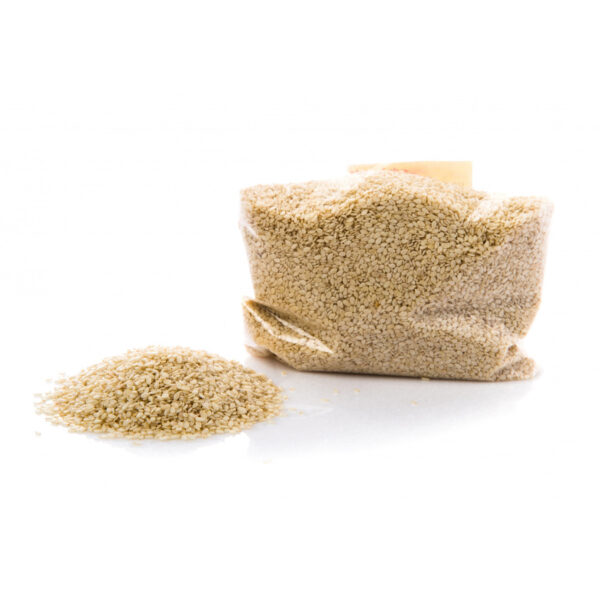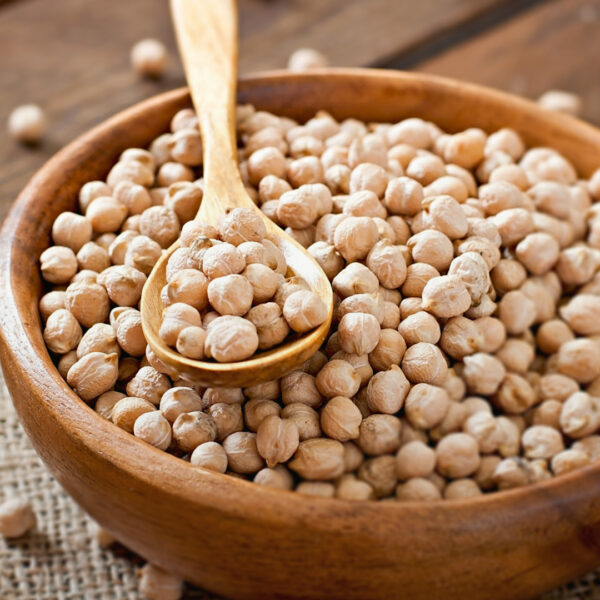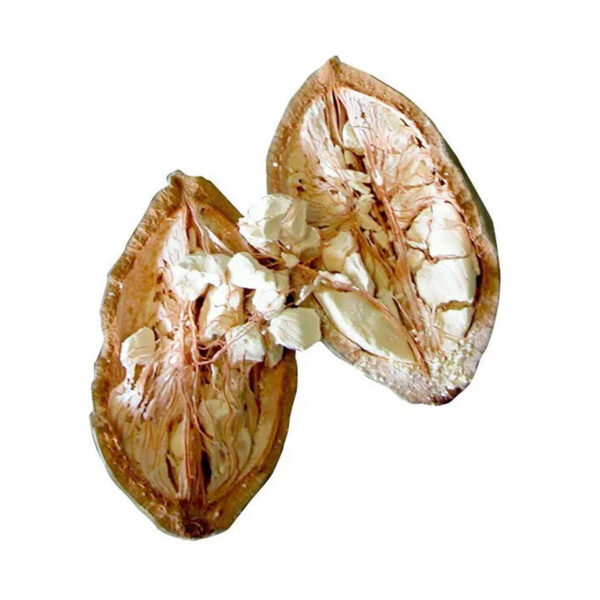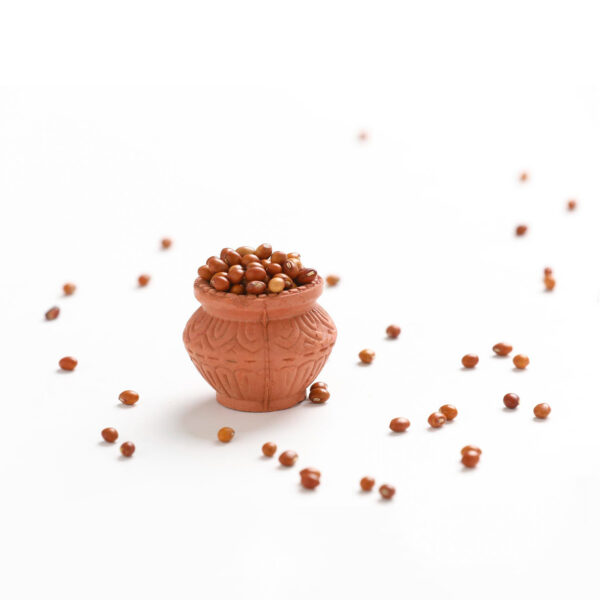WHAT IS SORGHUM?
Sorghum is the fifth most commonly grown grain crop in the world after wheat, rice, corn, and barley. But this tasty, gluten-free grain often gets overlooked in many Western countries. Sorghum has many health benefits that make it worth including in your diet. Sorghum is high in dietary fiber and has a neutral flavor making it ideal for use in numerous types of gluten-free food products. Sorghum is high in phenolic compounds that can add health benefits not found in other fruits, vegetables, and grains.
The darker sorghums, in particular, have high levels of antioxidants, comprised of 3d-anthocyanins, which are unique to sorghum. White corn contains high nutritional value, containing starch and cellulose, sugars, dietary fiber, water, energy molecules, proteins, fats, carbohydrates, calories, and mineral elements such as iron, calcium, phosphorus, magnesium, potassium, and sodium.
Contains vitamins such as thiamine, riboflavin, niacin, vitamin B complex, and many saturated and unsaturated fatty acids, oils, vitamin C, vitamin A, folic acid, and salicylic acid.

SOURCE OF
SORGHUM
Sorghum is grown in different countries around the world including Australia, certain islands in the Indian and Pacific Oceans, Sudan, Mali, Nigeria, and other Asian and African Countries. White sorghum, or sorghum, is a type of maize that follows the Bengali family, specifically the sorghum species. It is an annual plant. The native home of the white maize is Egypt, Sudan, the Indian Subcontinent and Iraq.
It has been cultivated in several parts of the Arab world, including Jordan, and it is characteristic that it bears drought and lack of rain, and can grow in many areas. It is worth mentioning that there are many types of corn, including maize
Need a quote?
GENERAL USES
The major health benefits of sorghum include its ability to prevent certain types of cancer, help control diabetes, offer a dietary option to people with celiac disease, improve digestive health, build strong bones, promote red blood cell development, and boost energy and fuel production.
Good source of iron
One serving, Sorghum contains 47 percent of your daily recommended iron and 55 percent of your phosphorus intake. It’s also a good source of magnesium, copper, calcium, zinc, and potassium.
Act as Antioxidants
Sorghum contains a wide variety of beneficial phytochemicals that act as antioxidants in the body, such as tannins, phenolic acids, anthocyanins, phytosterols, and policosanols.

Dietary Fiber
Cancer Inhibiting
Apply the highest standards and specifications






